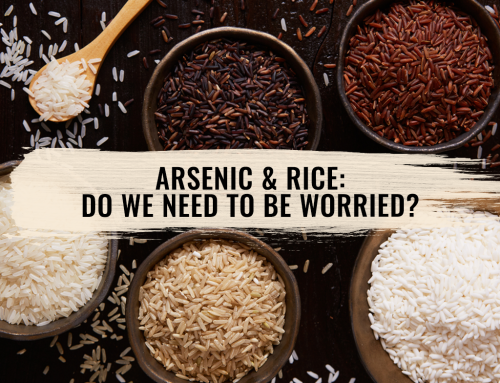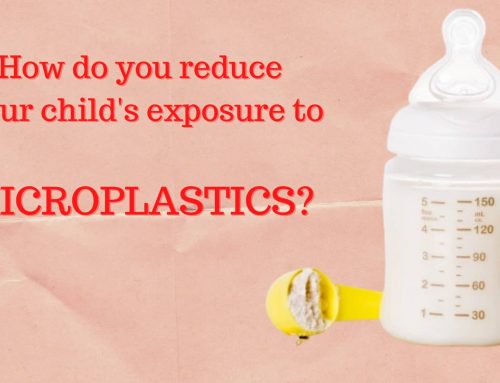Thanks to the opportunity from the Asianparent Malaysia, I encountered several questions regarding baby (newborn) jaundice. What is newborn jaundice? It is the yellowish discolouration of a baby’s skin and eyes.
Today I would be highlighting some important points about something so common yet harmless.
The commonest cause of newborn jaundice is physiological jaundice.
Jaundice is caused by build-up of bilirubin (yellow subtance) produced when red blood cells are broken down. It is common among newborn babies because they have higher amount of red blood cells in their blood. That coupled with a baby’s immature liver (organ which removes bilirubin from the blood) result in jaundice. Physiological jaundice usually appears 2 – 4 days after birth and resolves within 2 weeks of life.
Newborn jaundice is very common.
Estimated to involve 60% of term babies and 80% of premature babies. It is more common in Asian babies and varies with races.
What are the risk factors for severe jaundice?
– Premature babies < 37 weeks gestation
– Birth weight of < 2.5kg
– Jaundice within 24 hours of life or rapidly increasing
– Mothers with blood group O or Rhesus negative
– G6PD deficiency
– Bruises over the scalp (cephalohematoma)
– Severe infection (sepsis)
– Babies of diabetic mothers or those with strong family history of severe jaundice among siblings
What are the treatments for newborn jaundice?
Phototherapy is a special light shined on baby’s skin which alters bilirubin to a form easily broken down by the liver,then removed via urine or feces. Exchange transfusion, whereby baby’s blood is removed and replaced with a donor’s blood is rarely done.
Can newborn jaundice be dangerous?
Yes. In severe jaundice (serum bilirubin of > 20mg/dl or 340 micromol/L) if not treated, there is a risk for permanent brain damage. This is known as KERNICTERUS. It can cause athetoid cerebral palsy and hearing loss. Kernicterus also causes problems with vision and teeth and sometimes can cause intellectual disabilities. Early detection and management of jaundice can prevent kernicterus.
Stay tune for “Myths about Jaundice” which will be coming out shortly.

INTERESTED IN PARENTING ARTICLES?
We have the right articles just for you.
“There is no such thing as a perfect parent. So just be a real one.” – Sue Atkins







